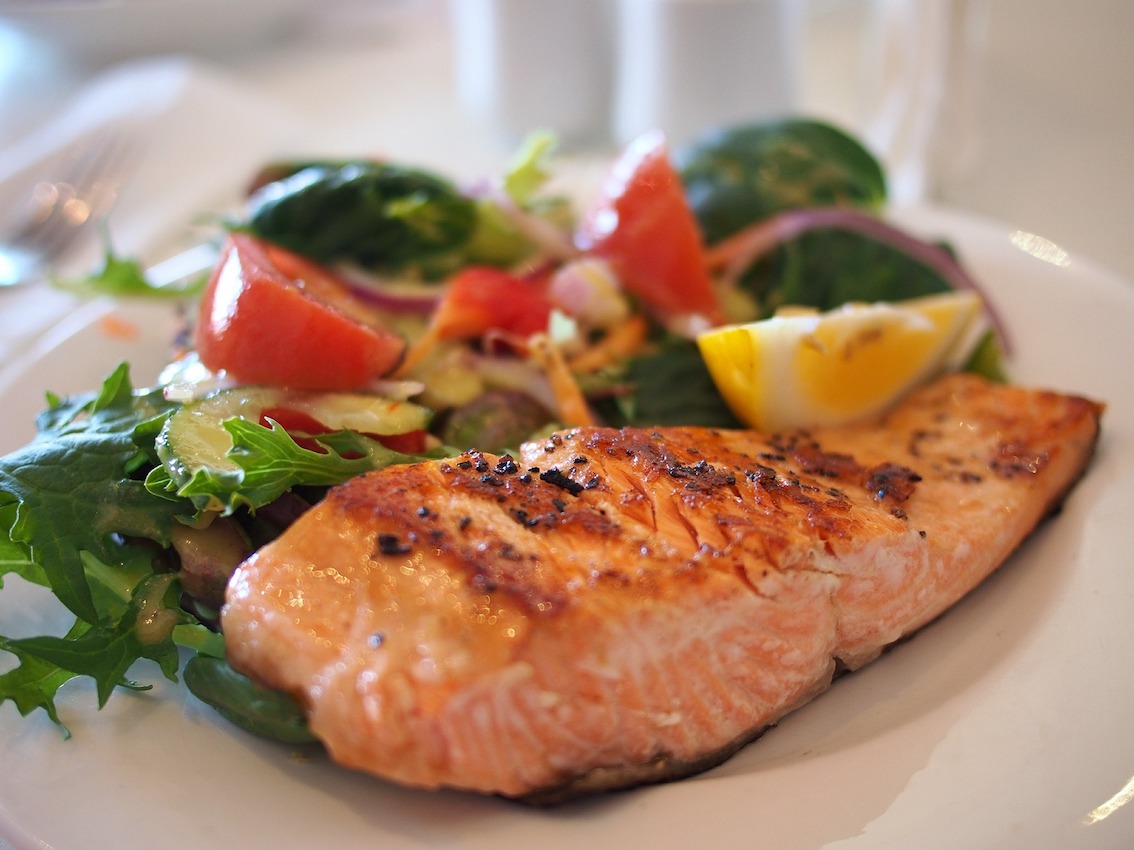“Small, sustainable changes are the key to making lifestyle changes actually stick and become a lifestyle. One change at a time!”
Hear out Anjill Aurora from Mumbai talk about how he has turned his lifestyle around with small, simple steps. Real change happens bit by bit. It takes great effort to become effortless at anything. There are no quick fixes.
Eating right is just not about losing weight. It goes beyond the weighing scale and is about making you reach your greatest potential so that you live life to the fullest. It is about becoming the best version of yourself.
And for Anjill who is a workaholic; eating right, exercising consistently and sleeping well just translated into better work performance, enhanced decision making skills and improved energy and work productivity. Click on the video to hear him talk about his weight loss and fitness journey.













